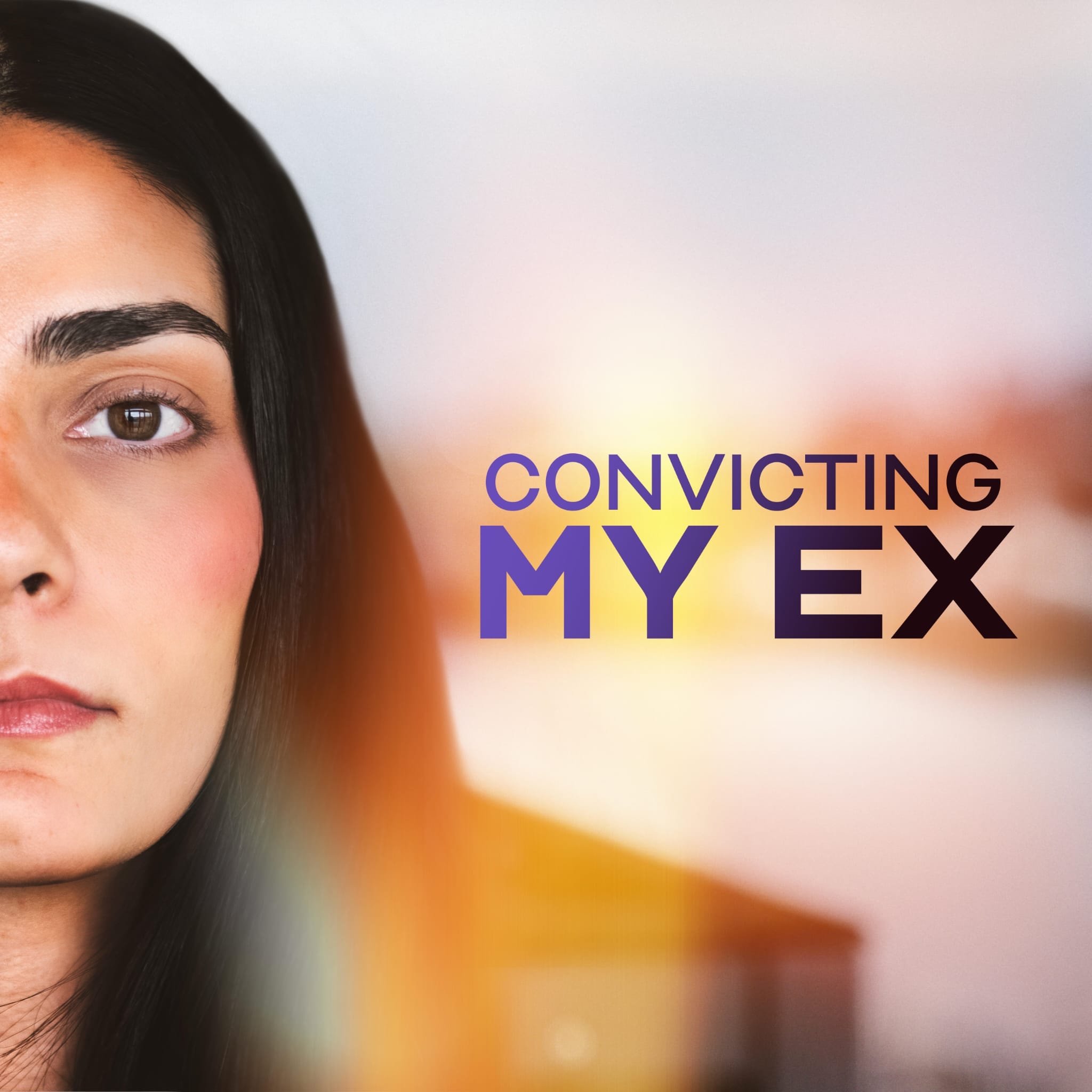Ellie’s Story
In 2017, while studying for a politics degree at the University of Glasgow, Ellie’s life changed. She was raped while unconscious by someone she trusted. This began a cycle of abuse that lasted for several years, and almost ended her life.
The outgoing and confident person she once was faded away, and she was left a ghost of her formal self. Her abuser had led her to believe that she deserved what he did to her, and that escape was impossible.
Eventually, Ellie began to recognise what was happening to her wasn’t her fault and she summoned up the strength to leave. Without her abuser in her life, Ellie was able to regain her independence and sense of self, and soon realised she needed justice for what she had endured.
In the Summer of 2020, Ellie reported her abuser and he was arrested and charged by the police, and suspended from the University of Glasgow. Then came an excruciating 2-year wait for the case to go to court.
While out on bail, her abuser was able to start studying at the University of Edinburgh despite awaiting trial for rape. This prompted Ellie to start an investigation into university policy surrounding sexual crimes, and she found glaring safeguarding issues.
In May 2022, Ellie’s case finally went to court. She endured a brutal cross-examination in which she was subject to baseless attacks on her character. She left court feeling humiliated and traumatised.
Despite the inappropriate tactics of the defence, the jury ultimately had found her abuser guilty of rape and he was sentenced to 5 years in prison.
Despite securing a conviction, Ellie was left with a lingering sense of injustice. She knew that her hurt had to mean something, she knew she needed accountability for the failures in the system, and she knew she needed to make change for others. So, she spoke out.
‘Pain can either be your prison… or your platform.’
Staying silent wasn’t an option for Ellie, and after sentencing concluded, she waived her anonymity in a joint investigation with The Times over the sexual safeguarding issues she’d uncovered in Scottish universities.
Motivated by a quote she’d seen - ‘pain can either be your prison or your platform’ - she set about campaigning for change.
Of key importance to Ellie, was ensuring that universities collected data from prospective students on criminal convictions and charges for sexual offences and crimes of violence. She also wanted to see national safeguarding guidance introduced to ensure students were protected.
She began lobbying for change and used the media to help exert pressure and raise public awareness. In June 2023, she took to the Scottish Parliament and received the backing of the leaders of all four major political parties.
It was also crucial to Ellie that the defence advocate who left her traumatised was held to account for his behaviour. This was a man who had baselessly accused her of having personality disorders, told her that her abuser had simply ‘fallen in love with the wrong person’, and claimed it was ‘an injustice’ that she’d graduated with a first class degree and masters with distinction while he was headed to prison.
So she started the complex process of making a formal complaint against him. She had to study the law, and compile everything herself. It was then that she was told that her court transcript, which she needed to corroborate her complaint, would cost her thousands of pounds.
Ellie was forced to crowdfund for her court transcript, and subsequently started a public campaign to make court transcripts free of charge for other survivors. She believed fundamentally that in a modern democracy, justice and accountability should not be reserved for only those who could afford it.
In May 2023, then First Minister Humza Yousaf, announced to parliament that a pilot programme for free court transcripts would be brought into force for rape survivors in Scotland and credited Ellie for her work on the matter. In December of the same year, Universities Scotland announced they would now screen incoming students for convictions and charges for sexual and violent crimes.
In April 2024, Ellie’s complaint against the defence advocate who cross-examined her was upheld, and he was found to have ‘abused his position’ and was ordered to pay her compensation. Ellie’s hard-fought win was hailed as a victory for survivors and is anticipated to set a legal precedent on inappropriate courtroom conduct.
Ellie remains committed to campaigning for justice reform, and raising awareness about sexual and domestic violence. She has appeared to give evidence before the Scottish Parliament’s Criminal Justice Committee, and is a leading voice for change.
Ellie has been featured across a wide variety of publications, and also has bylines in The Times, The Spectator, and Glamour Magazine. She is a skilled public speaker and consultant.
Ellie’s life and newfound progress was suddenly threatened again when her attacker was considered for parole after only serving half of his sentence. While this was a traumatic and stressful experience that had a significant impact on her mental health, she remembered her motto: pain can either be your prison or your platform, and decided to again use her hurt for change. In December 2024 Ellie launched a campaign for parole reform to make the process more victim-centred and trauma-informed. In February 2025 she met with the First Minister and Justice Secretary. Ellie’s campaign remains ongoing and she is committed to ensuring victims’ rights are better explained and upheld, and she is looking to bring in legislative change that would allow victims the right to observe their attacker’s parole hearing. Ellie’s parole journey was covered in a new BBC Three Documentary, ‘Convicting My Ex’ which explores Ellie’s justice journey. It is currently available to watch on-demand on BBC iPlayer.




